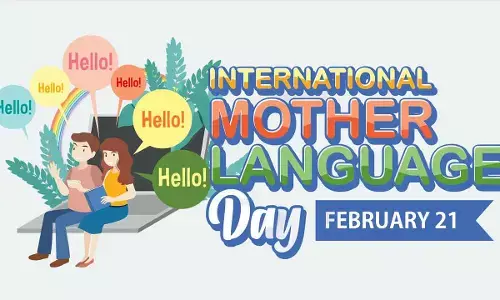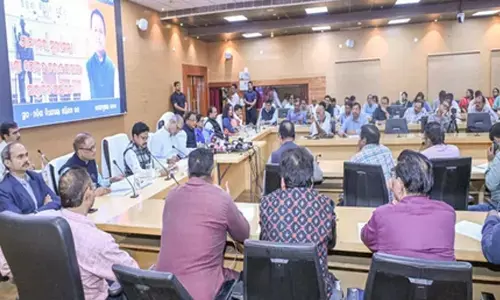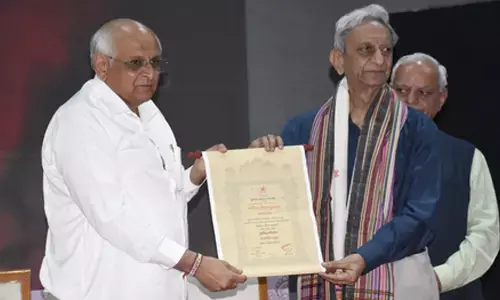Making youngsters job-ready

Making youngsters job-ready
To prepare people for any job, a description of the job, the competencies required for performing that job, and the best approach to enable people to develop those competencies is needed
With the rapid advancements and application of new technologies, especially digital technologies, the jobs that are required to be done by people are changing rapidly. According to an OECD report on education and skills for 2030, over the last 6 decades, there is a trend of people spending considerably more time on non-routine tasks that require higher-order skills, analytical thinking abilities, and interpersonal skills.
To prepare people for any job, a description of the job, the competencies required for performing that job, and the best approach to enable people to develop those competencies is needed. The difficulty in being able to predict technological advancements leads to uncertainty around the jobs that will exist in the future and in turn to uncertainty in the competencies needed for future jobs.
The OECD report has addressed this and identified three "Transformative Competencies" - to thrive in the future - besides the key foundational competencies, values, and attitudes. These transformative competencies are about creating new value, reconciling tensions and dilemmas, and taking responsibility. Creating new value is about innovation and collaboration through competencies like adaptability, creativity, curiosity, and open-mindedness. Reconciling tensions and dilemmas is about systems thinking skills with an ability to think from various perspectives and across time horizons. Taking responsibility for one's actions with a broader ethical perspective is the third competency which is also a prerequisite of the other two.
From this, in the uncertain future job context, it is best to focus on the core skills which can be categorized as employability skills. These are communication, teamwork, problem solving, initiative & enterprise, planning & organizing and a learning attitude. The three transformative competencies highlighted in OECD report can be mapped on to these skills. The professional skills are what is directly dependent on the rapid changes due to technological advancements, job specific and difficult to identify for the longer term. Hence, these are to be focused for shorter time horizon while preparing people. The learning attitude that is identified here will ensure that people will adapt themselves to future job requirements.
Focusing on management profession as an illustration, the professional skills is focused on the knowledge and application of management concepts with an awareness of the tools and best practices of the profession especially fine-tuned to specific industry context. This is illustrated in the figure.
This can be easily extended for other professions as well. There is a lot of innovation and advancement in the methods used to develop these skills for various professions through efforts from policy making bodies and the institutions providing education and training.
There is an emphasis on experiential learning, industry collaboration through talks, courses offered by experts from the industry, internships and live projects for external agencies.
Alignment of the coursework with the current trends in the industry is increasingly common these days through the effective use of electives mechanism. This is likely to be taken further by defining courses with customized outcomes considering the background of the learner especially in higher education rather than generic outcomes.
To summarize, the rapid pace of technological advancements has created an uncertainty in future jobs and the competencies required to prepare people for them.
Appreciating this, and taking a layered approach outlined above with focus on employability skills and professional skills with due importance to Values and Attitudes is the way forward for both learners and the institutions responsible for preparing people for future jobs
(The writer is the Information Systems and Technology Area, Co-Chairperson – Corporate Engagement, T A Pai Management Institute, Manipal)











